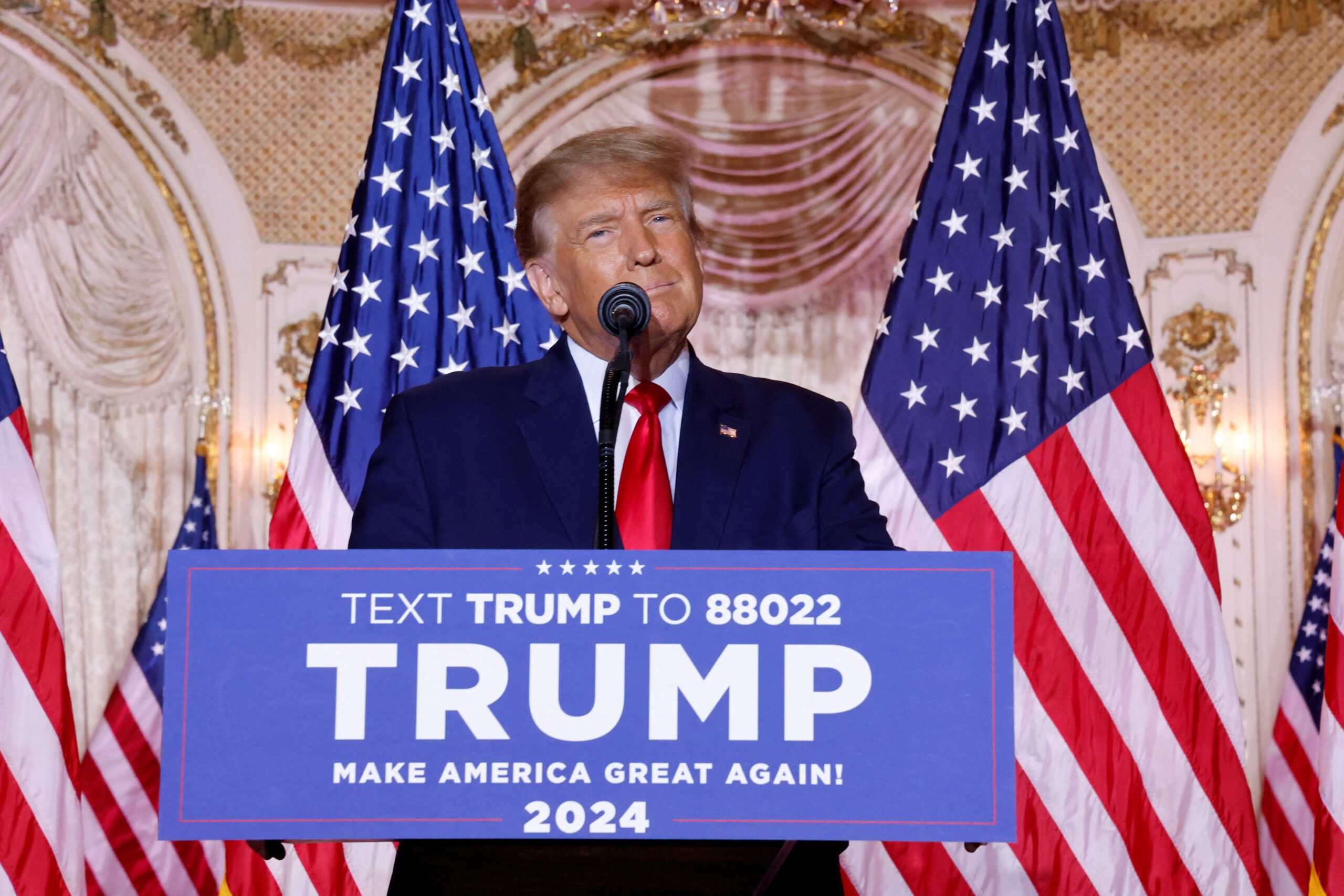A federal appeals court ruled that Trump does not enjoy immunity from charges related to his alleged efforts to overturn the 2020 election results.
This ruling takes him one step closer to facing an unprecedented criminal trial.
A three-judge panel of the U.S. Court of Appeals for the District of Columbia Circuit firmly rejected Trump’s assertion that he cannot be prosecuted because the allegations stem from his official duties as president.
“We cannot accept that the office of the Presidency places its former occupants above the law for all time thereafter,” the unanimous panel emphasized.
Executive immunity
The court further asserted that any executive immunity that might have protected Trump from criminal charges while in office “no longer shields him from prosecution.”
Trump has vowed to appeal the decision, continuing his effort to avoid a trial that could potentially charge him with undermining American democracy and the peaceful transfer of power. Simultaneously, he remains the frontrunner for the Republican presidential nomination.

FILE PHOTO: Former U.S. President Donald Trump announces that he will once again run for U.S. president in the 2024 U.S. presidential election during an event at his Mar-a-Lago estate in Palm Beach, Florida, U.S. November 15, 2022. REUTERS/Jonathan Ernst/File Photo
Bedrock of republic
A spokesperson for Trump’s campaign, Steven Cheung, expressed concern over the ruling, stating that it “threatens the bedrock of our Republic.”
Cheung confirmed that Trump would appeal but did not specify whether the case would be reviewed by the full D.C. Circuit Court or directly taken to the U.S. Supreme Court.
Meanwhile, Special Counsel Jack Smith, who is leading the prosecution, declined to comment on the matter.
The case remains on hold until at least Monday, allowing Trump time to make his appeal to the U.S. Supreme Court.
Trump’s legal team has argued that former presidents should be granted extensive legal protections, making it impossible to prosecute them for official actions unless they have been impeached by the House of Representatives and removed from office by the Senate.
Two impeachments
Notably, Trump faced two impeachments during his presidency, both resulting in acquittal by Senate Republicans.
The recent ruling questioned the broad scope of Trump’s claim, specifically inquiring whether even a president who ordered military operations to eliminate a political opponent could escape prosecution without congressional action.
The panel’s written ruling stated that granting immunity to Trump in this case would grant presidents “unlimited authority to commit crimes that would undermine the essential checks on executive power, such as recognizing and implementing election results.”
Ultimately, the judges found no “functional justification” for extending full protection to former presidents regarding actions tied to their official responsibilities.


Republican-majority US House takes step toward vote on Biden …
Prosecute Biden
Trump has frequently asserted his immunity claim on the campaign trail and social media, suggesting that a future administration led by him could potentially prosecute President Joe Biden if he were to return to the White House.
The indictment brought forth by Special Counsel Smith accuses Trump of using false claims of voter fraud to pressure state lawmakers, Justice Department officials, and then-Vice President Mike Pence into obstructing the certification of the election results.
This indictment is one of four criminal cases Trump currently faces, with two of them alleging interference in the 2020 election.